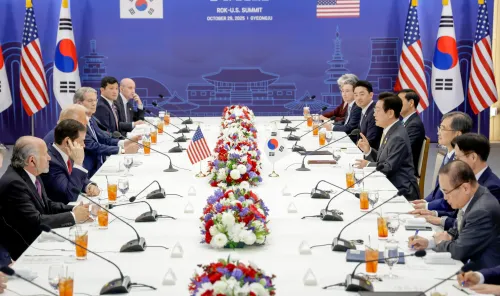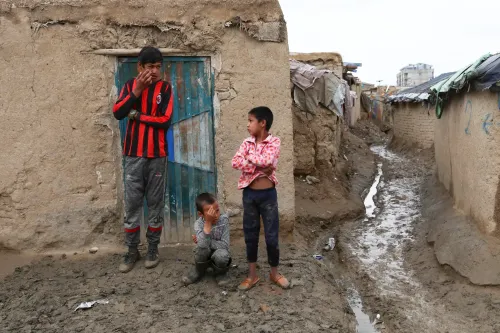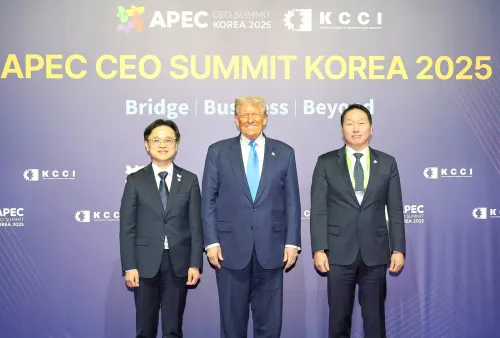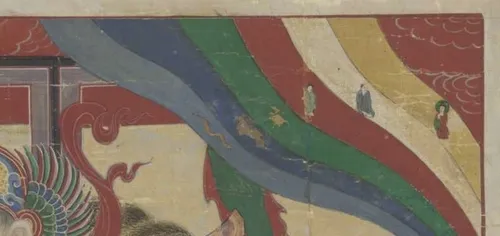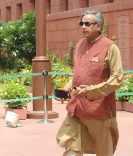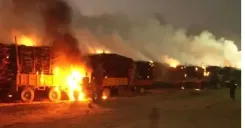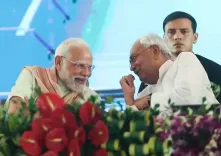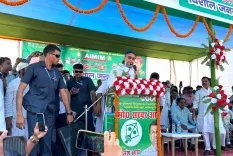The Law Finally Reaches 26/11 Conspirator Tahawwur Rana
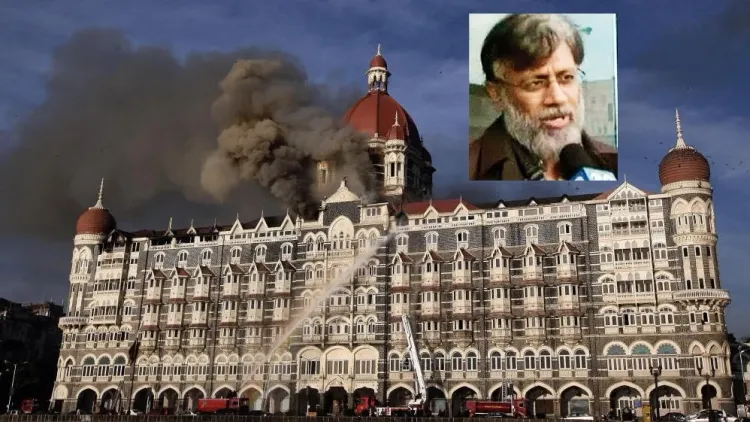
Synopsis
Key Takeaways
- Tahawwur Hussain Rana extradited to India.
- Involved in the 26/11 Mumbai attacks.
- Efforts led by Indian security agencies.
- US Supreme Court rejected Rana’s petition.
- Highlights India’s strengthening position in global diplomacy.
New Delhi, April 9 (NationPress) The proverbial long arm of the law has finally apprehended Pakistani-Canadian entrepreneur Tahawwur Hussain Rana, who was a co-conspirator in the 26/11 Mumbai terror attacks that resulted in the deaths of 165 individuals and injuries to over 300 in 2008.
The extradition of Rana, who is sought in India for assisting his childhood friend, Pakistan-American David Coleman Headley, found guilty by a US jury for surveying the targets attacked by the Lashkar-e-Tayyeba (LeT) terrorists in 2008, underscores the relentless efforts of Indian security agencies over the past decade. This achievement highlights India’s increasing prominence and negotiating strength on the global platform.
Despite being acquitted by a US jury of providing material support for the attacks, Rana was convicted of two other charges, leading to a sentence of over 10 years in prison.
Due to his deteriorating health following the Covid-19 pandemic, he was directed to be released from prison but was soon rearrested for extradition to India.
Conversely, Headley managed to secure a guarantee against extradition in a plea deal with US authorities.
This week, the US Supreme Court dismissed Rana's petition to halt his extradition to India to confront legal repercussions for his involvement in the 2008 Mumbai terror attacks.
Rana had been incarcerated in a Los Angeles prison for conspiring to attack the Danish newspaper Jyllands-Posten. Although a Chicago court found him guilty in 2011 for supporting the globally banned terror organization, it acquitted him in relation to the Mumbai attacks.
In 2013, India’s National Investigation Agency (NIA) charged Rana in absentia in a Delhi court and sentenced him to 14 years in prison.
Since then, the government under Prime Minister Narendra Modi has escalated efforts to secure his extradition to India.
Investigators in India have always regarded Rana as a “bigger catch” than Headley, believing that his extradition would mark a significant achievement for India’s counter-terrorism framework.
Rana and Headley were apprehended in the US in 2009 for plotting assaults on the offices of the Danish newspaper, which had published cartoons depicting the Prophet Mohammad.
Born in 1961, Rana, a former physician in the Pakistani Army, immigrated to Canada and became a businessman in immigration services. Prior to the terror attacks, he had traveled to Mumbai and stayed at the Taj Hotel, one of the numerous locations targeted by the Lashkar suicide squad on November 26, 2008.
His associate, David Coleman Headley (originally Dawood Sayed Gilani), pleaded guilty in the Mumbai terror case and received a 35-year federal prison sentence in 2013. His plea to avoid extradition to India, Pakistan, or Denmark was granted by the US court.
In February, during Prime Minister Modi’s significant visit to Washington, US President Donald Trump’s announcement to extradite Rana to India was met with widespread approval and viewed as a testament to the United States' support for India in combating terrorism, primarily originating from Pakistan.
Trump stated during a joint press conference with PM Modi, “I am pleased to announce that my administration has approved the extradition of one of the plotters and one of the very evil people of the world. A key accused of the horrific 26/11 Mumbai terror attacks, he will be going back to India to face justice.”
Interestingly, PM Modi had criticized the acquittal of terrorist Rana in 2011 by a Chicago court while he was serving as the Chief Minister of Gujarat.
“How can courts in America deliver a verdict for a terrorist attack that occurred in India? Would they permit the trial of 9/11 suspects in India?” PM Modi had questioned, cautioning that such judicial decisions could be manipulated by other terrorist factions worldwide to evade justice, establishing a perilous precedent.
After Rana’s acquittal by the US court in 2011, the then Gujarat CM also condemned the UPA government for mishandling Rana’s case, which led to his reprieve.

